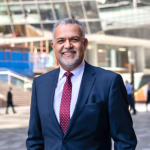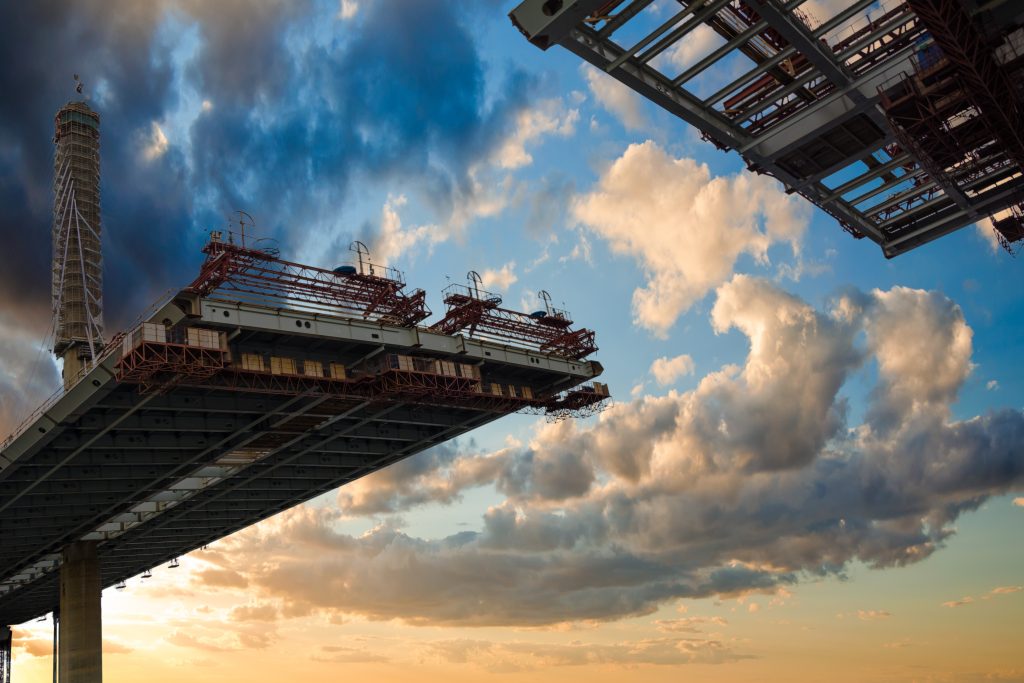This article was first published in the November 2023 issue of Construction Week Middle East.
Dispute resolution is a cornerstone in the construction industry, addressing disputes arising from delays, disruption or variations. Ensuring a smooth resolution not only paves the way for project continuity but also fortifies lasting professional partnerships in the sector. Additionally, it is crucial to comprehend the cultural distinctions between Western and Middle Eastern
construction professionals to ensure effective dispute resolution.
TBH Director George Matta, who recently relocated back to the Middle East after having spent several years in Perth, Australia, provides invaluable insights based on his experiences in both regions. This includes differences in communication techniques, negotiation strategies, and conflict resolution approaches.
How do differences in leadership structures impact collaboration, decision making, and conflict resolution?
Regional influences can shape workplace norms and behaviours, impacting how decisions are made, and conflicts are resolved. In the West, many businesses operate under a flatter hierarchy where communication passes through fewer layers, and employees often have more decision-making power and autonomy.
In contrast, the Middle Eastern business landscape usually consists of hierarchically structured organisations, which reflect the cultural respect given to authority in the region. The chain of command generally begins with senior management and executives and has an organised hierarchy for approval and signoffs on various project-related matters. This means there is always someone who is responsible for actions or decisions that are made. However, this can occasionally result in slower replies and decision-making, which can be misinterpreted as being noncommittal or unclear.
Trust is essential for successful project management. How does the concept of trust differ in the Middle East versus the West?
In many Western countries, trust in business is solidified through actions, i.e., consistently delivering tasks and objectives with a stronger focus on goals and outcomes. This emphasis on output can sometimes lead to siloed work and limited collaboration.
In the Middle East, trust and personal relationships play an essential role in business. Credibility is often based on personal qualities and good standing. This is because people in the Middle East seek to build long-term relationships with partners to expand their network with people they can trust.
How do region-specific challenges impact the planning and execution of construction projects in different areas?
To ensure the timely completion of construction projects, it’s essential to factor in local religious holidays and potential climatic events. Such considerations are vital as holidays can impact the supply of materials and workforce availability, while climatic conditions can pose operational challenges.
Australia is susceptible to natural disasters like cyclones and bushfires, events that are unfamiliar in the Middle East. In Australia, there’s a strong emphasis on adhering to stringent environmental regulations. This demands meticulous planning and compliance to safeguard both the environment and cultural heritage. Similarly, while Australia sees a slowdown
during Christmas as many employees go on annual leave, the Middle East grapples with its own distinct challenges. These include Ramadan, the sacred month of fasting, intricate permit approval procedures, and environmental constraints.
Knowing when regional challenges are likely to occur makes prioritising risks and preparing a strategy based on its likelihood easier.
How do Middle Eastern contracts differ from Western contracts in terms of language?
Middle Eastern contract preferences often mix Sharia, civil, and customary law. This plays out in everyday business activities, from the observance of the working week to the significance of Ramadan. Although English is often used in international business dealings in the region, especially when conducting construction contracts, it is important to remember that Arabic is the dominant language in the region, both culturally and legally.
Although FIDIC (International Federation of Consulting Engineers) forms of contracts are commonly used, often Arabic translation is provided. It’s imperative to ensure precise translation of clauses and terminologies between the two languages, as some jurisdictions in the Middle East may prioritise the Arabic versions of contracts.
There can be negative repercussions if there are discrepancies between the English and Arabic versions; therefore, hiring a qualified translator when drafting agreements is a good idea.
Based on your arbitration experiences, how do dispute resolution mechanisms vary between the two regions?
In Australia, dispute resolution is usually overseen through formal court proceedings, if not resolved through adjudication, with clients often resorting to litigation or threats very quickly.
In the Middle East, most disputes are settled at the project level or through local arbitration centres, which offer a faster alternative to prolonged court battles. In-person dialogue and direct communication are preferred to dealing with lawyers, emphasising the value placed on personal relationships in business.
While the conciliation style may differ in each region, keeping accurate records, baseline programmes, work progress records, and labour inputs remain essential in both instances to verify a claim.
How can hiring a local partner, like TBH, help bridge cultural communication gaps?
Connections and relationships can make or break negotiations in the Middle East, and having a local advisor who speaks the language and understands cultural nuances can be a great asset if you want to avoid misunderstandings. Since the Middle East is a relationship-driven culture, failure to build and maintain partnerships and adhere to cultural differences can result in setbacks and limited success.
Having an intermediary that can read between the lines during conversations goes beyond simply being fluent in English and Arabic. Understanding the significance of a nod, a moment of silence, or even a subtle change in tone that can indicate agreement or disagreement, can be a valuable investment for a business that pays dividends over the long run.
About George Matta
 George is a recognised testifying expert in the analysis of delays, acceleration and disruption claims. He has 30-years’ experience embracing several iconic projects including power stations, airports, water, health, education, railways, tunnels, roads and bridges, oil and gas, mining and residential projects across the Middle East, Asia and Australia. George has also been appointed by both disputing parties as the Expert in an Expert Determination process.
George is a recognised testifying expert in the analysis of delays, acceleration and disruption claims. He has 30-years’ experience embracing several iconic projects including power stations, airports, water, health, education, railways, tunnels, roads and bridges, oil and gas, mining and residential projects across the Middle East, Asia and Australia. George has also been appointed by both disputing parties as the Expert in an Expert Determination process.
For more information on TBH’s Claims and Dispute Resolution services, click here.


